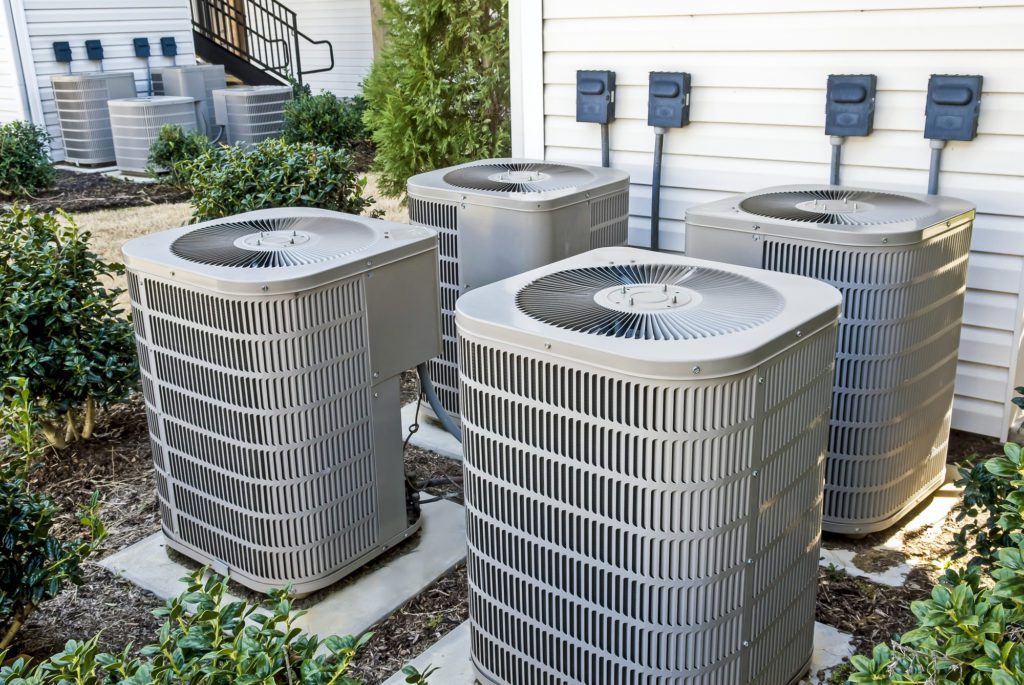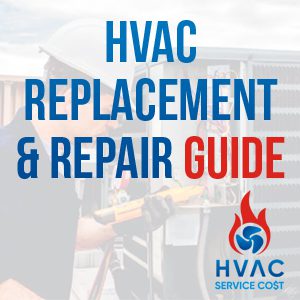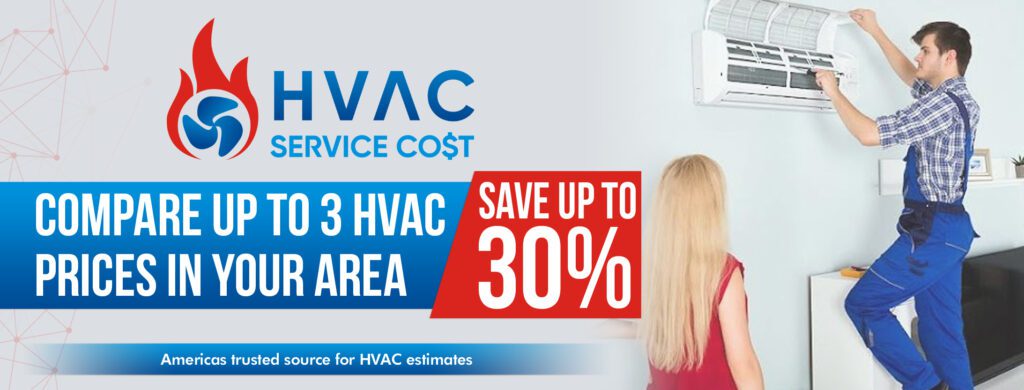
5 Important Questions to Ask Before Hiring an HVAC Service
When it comes to maintaining or repairing your HVAC (Heating, Ventilation, and Air Conditioning) system, selecting the right service provider is crucial to ensuring your system is efficient, reliable, and long-lasting. HVAC systems are complex and integral to the comfort of your home or office, making it essential to choose a qualified, trustworthy service provider. Before you finalize a contractor, there are several important questions you should ask. These questions will help you gauge the expertise and reliability of the service provider and ensure that your HVAC system is in good hands.
1. Are You Licensed and Insured?
This is the first and most critical question you should ask any HVAC service provider. Licensing ensures that the technician has met industry standards and local regulations required to perform HVAC work. It’s a baseline indicator of the technician’s knowledge and commitment to professionalism. Insurance, including both liability and worker’s compensation, protects you as the homeowner in case of accidents or damage to your property during the service. Ensure that the HVAC company can provide proof of both before proceeding with any work.
When hiring an HVAC service provider, verifying their licensing and insurance status is not just a preliminary check but a critical step in ensuring that you are engaging a professional who is qualified and legally compliant. Here’s a deeper dive into the specific types of licenses and insurance you should expect your HVAC technician to have.
Types of Licensing
The type of licensing required for HVAC technicians can vary depending on the state or region. However, generally, these licenses are issued by state boards or local authorities and require passing an exam that tests the technician’s knowledge of HVAC systems, building codes, and safety practices. Here are common licenses you might encounter:
- HVAC Contractor License: This is often required for someone who owns an HVAC business and oversees HVAC installations and maintenance. This license ensures that the individual has a comprehensive understanding of HVAC systems, including design, installation, and maintenance.
- Specialty Licenses: Some regions require specific licenses for different types of work, such as residential, commercial, or refrigeration. These specialty licenses ensure that the technician has detailed knowledge and training in particular areas of HVAC work.
- Apprentice and Journeyman Licenses: In some places, technicians go through a progression of licenses, starting as an apprentice, moving to a journeyman, and finally achieving contractor status. Each level has its own scope of work and responsibilities.

Types of Insurance
Insurance is equally important as it protects both the homeowner and the workers. Key types of insurance include:
- Liability Insurance: This is crucial as it covers any damage that might occur to your property during the HVAC installation or maintenance work. It ensures that if something goes wrong, you are not financially responsible for the damages.
- Workers’ Compensation Insurance: This type of insurance is mandatory in most states and covers medical costs and a portion of lost wages for employees who are injured while on the job. It’s essential for protecting you from liability in case a technician gets injured while working in your home.
- Bonding: While not insurance, being bonded provides an additional layer of protection for the consumer. It acts as a safeguard that offers financial compensation in cases of incomplete work or if the terms of the contract are not met by the HVAC company.
2. What Experience Do You Have with My Specific System?
HVAC systems can vary significantly, from traditional furnaces and air conditioners to modern hybrid systems or specialized setups like geothermal heating and cooling. Experience with your specific type of system is essential. Ask potential service providers about their familiarity with your HVAC model and brand. Experience is crucial as it ensures that the technician can not only diagnose problems accurately but also understand the nuances of your particular system for maintenance and repair. This can lead to better service, quicker troubleshooting, and prevention of future issues.
HVAC systems vary greatly in terms of technology, configuration, and the specific challenges they present. Technicians experienced with a broad range of systems, particularly more complex setups, are typically better equipped to diagnose issues accurately, recommend appropriate solutions, and ensure that your system operates at peak efficiency. Here’s why experience matters, especially with more sophisticated HVAC technologies, and the types of systems that may require this expertise.

Why Experience Matters
- Complex Diagnostics: Advanced HVAC systems often feature intricate electronic controls, variable frequency drives, and other high-tech components that require specialized knowledge to diagnose and repair. Technicians with a deeper understanding of these systems can more accurately pinpoint issues, reducing the time and cost associated with misdiagnoses in HVAC repair.
- Customized Solutions: Experienced technicians can provide recommendations tailored to the specific needs of your system. This might include suggesting upgrades or adjustments that improve efficiency, extend the lifespan of the unit, and ultimately save money on energy costs.
- Preventive Maintenance: An experienced technician can identify potential issues before they become major problems. Regular maintenance by someone familiar with the nuances of advanced systems can prevent unexpected breakdowns and costly repairs.
- Compliance and Efficiency: Modern HVAC systems are often designed to meet stringent environmental and energy regulations. Technicians experienced with these systems are better equipped to ensure that your setup complies with local codes and operates at maximum efficiency.
3. Can You Provide a Detailed Written Estimate?
When it comes to hiring an HVAC service provider, obtaining a written estimate is more than just a formality—it’s a crucial component of the service process. This document plays a pivotal role in ensuring transparency, preventing disputes, and helping homeowners manage their budgets effectively. Here’s why written estimates are so essential and what they should include.
Ensuring Financial Transparency and Clarity
A detailed written estimate provides a clear and comprehensive breakdown of the costs associated with your HVAC project. It lists all charges, including labor, materials, potential taxes, and any other fees that might apply. This transparency is crucial as it helps you understand exactly what you’re paying for, preventing surprises when the final bill arrives. With a written estimate, both the homeowner and the technician are on the same page about the scope and cost of the project from the outset.
Facilitating Comparison and Informed Decision-Making
Having a written estimate allows you to compare services and prices between different HVAC providers objectively. This is particularly valuable when you are undertaking significant repairs or full system replacements that involve substantial investments. By comparing estimates, you can better assess which contractor provides the best value for money—not necessarily the cheapest option, but the one that offers the most comprehensive services at a fair price. This process of comparison encourages a competitive market and can lead to higher service standards and more reasonable pricing within the industry.

Fostering Accountability and Trust
A written estimate serves as a contractual foundation for the work to be performed, laying out the expectations and responsibilities of both parties. This formal acknowledgment of the job details fosters a sense of accountability in the service provider. It assures you that the contractor is committed to delivering the services at the agreed-upon price, barring any unforeseen issues. Additionally, the act of providing a detailed estimate is a sign of professionalism and builds trust. It shows that the HVAC company is transparent and confident in its pricing and services.
Preparing for Possible Adjustments
While a written estimate provides a detailed forecast of the expected costs, it also prepares both the homeowner and the service provider for any adjustments that might be necessary. In complex HVAC projects, unforeseen challenges can arise once the work has begun, such as discovering outdated wiring or previously undetected leaks. A written estimate often includes terms and conditions for how such situations will be handled, including how additional costs will be calculated and communicated. This ensures that you are informed and agreeable to any changes before they are implemented, thus maintaining a clear communication line throughout the project’s duration.
4. What is Your Service Warranty Policy?
Understanding the warranty terms for both parts and labor can save you from unexpected costs down the line. Ask about the warranty period for any new parts installed and the service guarantee offered by the HVAC company. A reliable service provider will back their work with a warranty that protects you in case something goes wrong after the service is completed. This is also an indicator of the quality of service and confidence the company has in its expertise and parts used.
Factors to Consider in HVAC Warranty Policies
When evaluating an HVAC service provider’s warranty, consider the following elements:
- Duration: How long does the warranty last? Look for warranties that offer reasonable time frames that reflect the expected life of the installation or repair.
- Coverage: What exactly does the warranty cover, and what does it exclude? Some warranties might cover only parts or labor, while others might cover both.
- Transferability: If you sell your home, can the warranty be transferred to the new owner? This feature can be a selling point if you decide to move.
The warranty policy is a critical element to consider when hiring an HVAC service provider. It not only reflects the confidence that the service provider has in their work but also protects your investment and ensures ongoing support for your HVAC system. Before you finalize your choice, make sure you fully understand and are satisfied with the warranty terms offered. This understanding can be the deciding factor in a successful and satisfactory HVAC service experience.

5. How Do You Handle Emergency Services?
HVAC issues don’t always happen during business hours. Knowing how the company handles emergency calls can be critical, especially in extreme weather conditions when you depend on your heating or cooling the most. Ask if they offer 24/7 emergency services, and if there are additional costs for after-hours services. Understanding the response time and availability of the service provider can be crucial in emergency situations.
Choosing the right HVAC service provider is vital to ensure the longevity and efficiency of your system. By asking these five important questions, you can gauge whether the HVAC company is capable of providing the quality of service you need. Make sure they are licensed and insured, experienced with your specific system, willing to provide a detailed written estimate, clear about their warranty policy, and prepared to handle emergencies. Taking the time to select a reputable HVAC technician will ensure that your system operates optimally, providing comfort and efficiency for years to come.




Leave a Reply